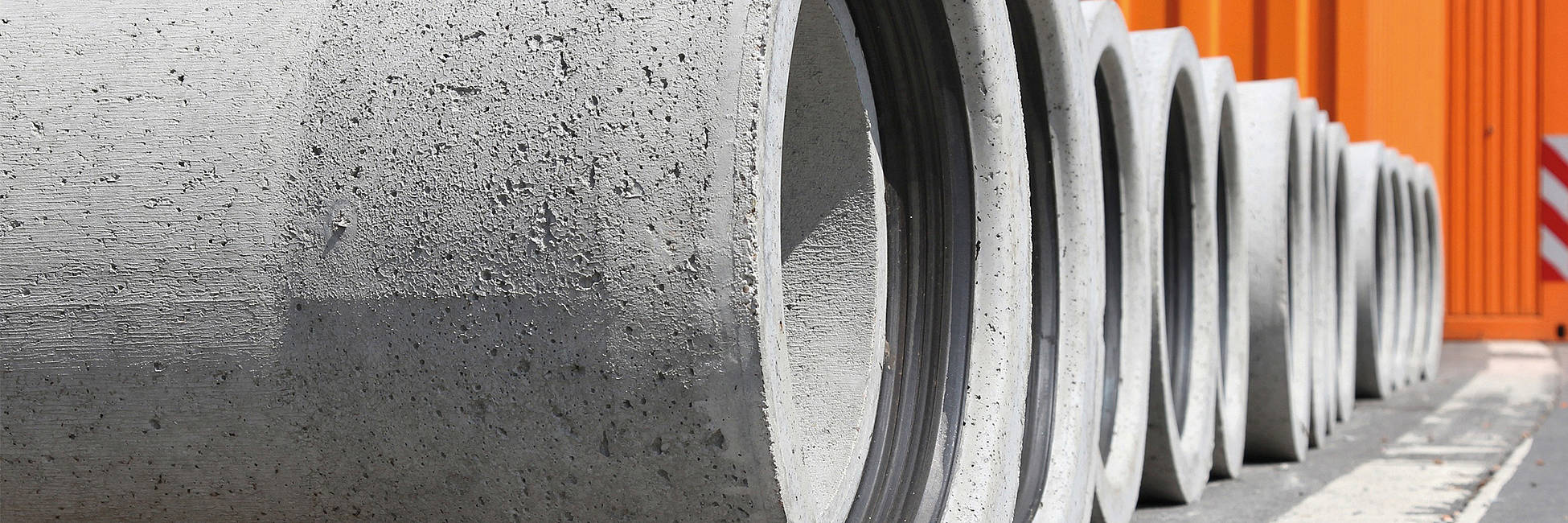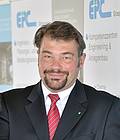

Quick assembly without time-consuming shuttering work.
The parts are produced in the factory throughout the year, totally protected from the weather. The prefabricated parts are manufactured in standardized battery moulds in a floor area that is small for the large mould contact areas involved. The simple, robust structure of the battery moulds means that highly resistant, high static load, highly soundproof and very versatile prefabricated parts can be produced with minimal mould set-up costs. The shorter concreting and compaction times, together with the simple operation, mean that a high production capacity can be expected in our designed plants. The advantages of industrially produced, prefabricated elements are coming increasingly to the fore because pre-assembly of the elements in a factory simplifies the construction of both simple and complex structures.
Quick assembly without time-consuming shuttering work, very smooth interior and exterior wall surfaces that can be painted without having to be plastered, play a key role. Pre-assembling the electrical cabling, sanitary piping, doors and windows in a factory brings even more advantages. Our special screw connectors are easy to assemble using just a torque wrench. The result is a precisely positioned connection, high strength positive and non-positive joints, and simple sealing of the elements.
EPC Exclusives
Intelligent design speeds up construction and reduces its cost
- Consistent quality
- High precision
- High surface quality
- Flexible and diverse designs
- Special solutions
- Quick construction
- Improved cost-effectiveness
- Costs reduced by pre-fabrication (windows, doors, electrical installations and sanitary facilities)
State-of-the-art industrial plants
Since its foundation, the EPC Group has regularly developed and successfully marketed new processes. In recent years, it has designed and implemented many research and pilot plants in a wide range of fields.
A range of modern recycling technologies is available
For example, EPC can offer a number of different PET recycling processes on request. The customer chooses the final processing stage to produce the desired amorphous, semicrystalline or deep-treated end product. EPC will be glad to advice on the best employment of the process stages "Sorting", "Regranulating" and "Refining".
Optimizing the processes and energy consumption of industrial plants
In all aspects of adapting, optimizing and expanding industrial plants, the EPC Group supports you on all questions concerning plant construction, including consulting, and approval applications and procedures. As an interdisciplinary company, EPC has qualified, highly motivated employees with a high level of knowledge and experience of managing complex plants, and who can quickly detect the interconnections between sections of (part)processes and ancillary plants. By considering industrial plants holistically, we can not only manage plants more efficiently, but also increase their output and reduce their costs.
This applies, above all, to obtaining, providing and recovering energy, for example from heat. We also investigate the potential for saving and recirculating process water, as well as the need and benefit of treating waste water so that it can be reused. Testing and checking through a process control system is essential for monitoring a process and its ancillary systems, and being able to respond for both the short and long term to changes in the process. We can also reduce the additional costs of essential energies and feed materials by implementing an energy management system.







